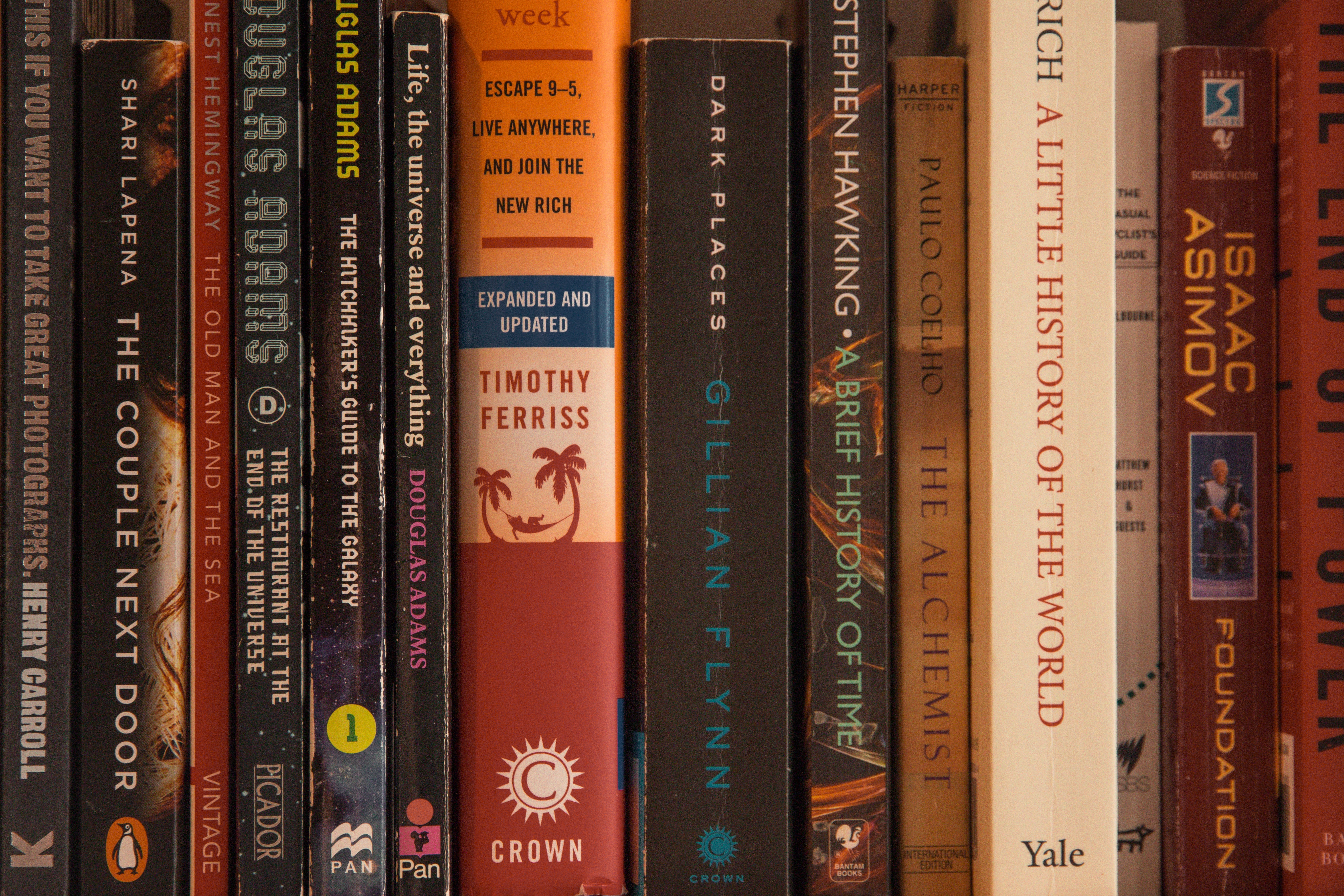There is an issue with many of us writers with the word, aspiration. Aspirations exist only in thought, not in actuality. To ‘aspire’ is to think, not to do. In this way, the term ‘aspiring writer’ allows for a state of inactivity. By dropping the term ‘aspiring’ and stating instead ‘I am a writer,’ you confirm to yourself, and to the world, that yes, you are actively working on a writing career. You are writing. You are a writer.
Top Tips For Unpublished Writers:
- Read! Good writers read. Read a lot in whatever genre you enjoy. Pay careful attention to publishing trends and publishers’ new releases. Goodreads is a great place to get your finger on the pulse of the latest hot new trends.
- Take creative writing classes or workshops. Learning the craft of writing is a lifelong endeavor. One that requires active participation.
- Show, don’t tell. Cliche, yes. But it is the best critique I’ve received from an editor: stop telling me, show me. For example, “She is hungry” is telling. “Her stomach grumbles” is showing. Let your reader connect the dots and come to the conclusion on his/or her own. Readers are smart. In good writing, you shouldn’t have to tell them what you ultimately want them to take away from your work.
- Diversify your writing. Experiment with different types of writing. If you write fiction, try nonfiction. If you write poetry try short stories. And of course, poetry and short stories are always a good place to try to get publishing credit first.
- Collaborate with others. Collaborative fiction, or co-writing, is a form of writing by a pair or group of authors who share creative control of a given work. With the internet, collaborative writing has never been easier. Co-writing can be an amazing experience when several minds come together to create something new in the world. There are various online collaborative writing platforms emerging every day, so surf the web and make some connections today. It could be your gateway to getting published!
- Know the publishing business. My first published book was a poetry chapbook with a university press. Back then, I did not know anything about the publishing world, and I wish I had. I would tell any up-and-coming author to learn all about the business end of writing because it is a business. It helps to know the process that a publishing house goes through. I also did not get a literary agent until my third book was published. Looking back, and over past contracts, I wish that I had someone to assist me with the legal lingo. For information about the big business of publishing, check out Publishing 101: What You Need to Know by Writer’s Digest.
- Practice, persistence, and patience. Anything done well requires practice. To be a published author, one must write and write often. Yes, even every single day. Writing must become such an ingrained habit that nothing else gets in the way of it. We’re all busy. You must make time for your craft. Unplug. Turn off your phone, the radio, the TV, and remove other distractions. There are no excuses. Let’s face it, we make time for the things that are important to us. And that leads to persistence.
- What exactly is persistence? Persistence is an attitude of flexibility and curiosity, rooted in passion or love for the craft of writing, bolstered by treating your entire writing journey as a practice. Practice requires persistence and time. In a practice, you are working a little bit every day (and sometimes a lot), and you focus on the process more than the end goal.

Practice and persistence are key. It took me over a decade of writing, editing, and revising and another seven years of submitting before I had my first poem published in a national magazine.
In 7 Secrets of Highly Persistent Writers, author Jordan Rosenfeld explains that everything you do to improve your writing, whether it’s participating in workshops, collaborating with other writers, and practicing your craft “is like collecting individual raindrops in a bucket. On their own, each sentence, each story, each bright, tiny moment of success may not seem like much, but they add up to so much more than you can see at any given moment. If you’re always looking ahead and never back at the accumulation, you’ll miss out on what you’ve already accomplished.”
Writing takes time. Let me rephrase that, good writing takes time. And a lot of it. To find your voice and your rhythm, you have to write— I mean, a lot, and often. You’re in a relationship with your writing, and relationships demand undivided attention. This is where persistence, practice, and patience come together. Revision and editing is an essential part of the process of writing. No word, phrase, or sentence is sacred. Cutting a sentence is like cutting a bad habit— it hurts, but in the end, it’s worth it.

I advise aspiring authors to start small as I did. Start with poems or short stories. Writing a good short story forces you to create and develop characters and take a plot from beginning to end in a limited number of pages. According to the author, Mary Simses, this process “also prepares you for writing a novel, because each chapter is basically a short story. Writing a short story is also much less intimidating than writing a novel.”
The most successful writers have good old-fashioned, dogged determination and discipline to cut out distraction and get to work, hour after unplugged hour. Writing is a journey.
I hope that you have enjoyed these tips! Please leave me a comment and let me know your thoughts/tips/tricks and what works for you.
